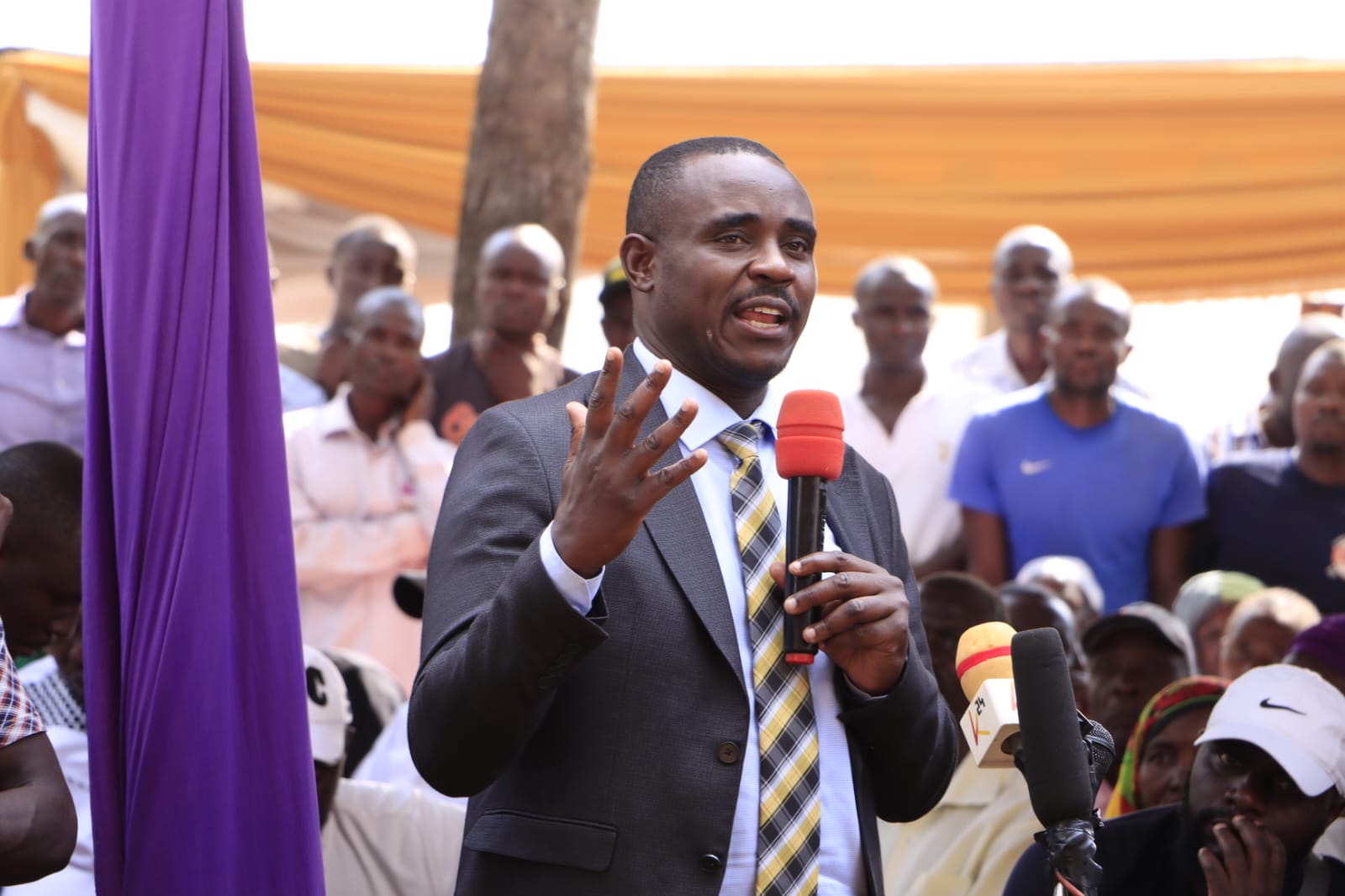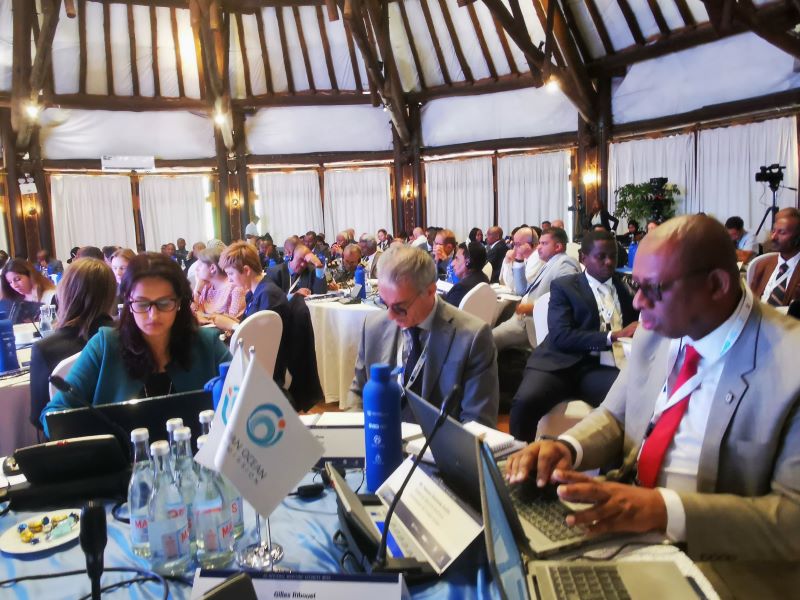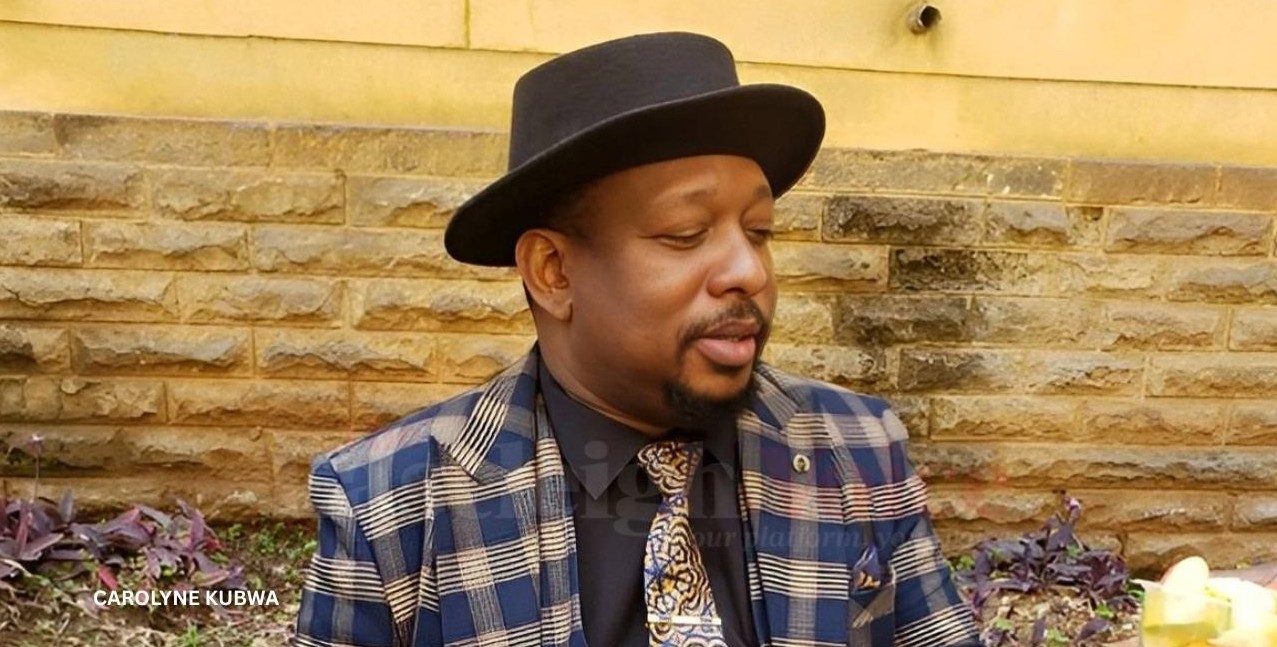Political turncoats: Why Kenyan politicians only reveal the "truth" when out of power

Political analyst Kazungu Katana says that politicians must not be believed even if what they are revealing is true, because they are doing it for their own convenience.
The day is Sunday, September 24, 2023, and former Deputy President Rigathi Gachagua is in the Mt. Kenya region to defend President William Ruto’s administration from attacks by the opposition.
The outspoken politician takes to the podium to defend the government over the country’s state of economy, which he says has been orchestrated by the global economic crisis.
More To Read
- Full implementation of NADCO report puts UDA–ODM pre-election alliance under pressure
- Church leaders warn of by-election violence ahead of 2027 polls
- IEBC urges media to report factually amid election scrutiny
- Saboti MP Caleb Amisi warns ODM may not survive 2027 after by-election struggles
- Political storm erupts as Jubilee, DAP-K accuse rivals of orchestrated violence in by-elections
- Senator Omtatah files petition seeking to declare National Tallying Centre unconstitutional in presidential elections
He explains that the skyrocketing fuel prices were a global challenge, reaffirming the government’s commitment to revive the country’s economy. He also strongly expresses the government’s effort to mitigate the challenges facing many Kenyans, including the distribution of subsidised fertiliser and capitation for the vulnerable, among others.
He spoke at Kiandege village in Ndaragwa Constituency during the funeral service of the late Teresia Wangechi Mwangi, mother to KDF Vice Chief of Defence Forces Jonah Maina Mwangi.
First forward to this year after his controversial removal from office, Gachagua is now Ruto’s biggest critic, brandishing him with all unpalatable names.
The Eastleigh Voice dug into how politicians become turncoats, revealing the “truth” when they are out of power but are silent or praising the very powers they are admonishing when inside.
Political analyst Kazungu Katana says that politicians must not be believed even if what they are revealing is true, because they are doing it for their own convenience.
“When these people were in power, they behaved like the proverbial birds of a feather--they enjoyed the spoils of political power to their advantage. They didn't disclose to the public these trappings of power; they enjoyed every bit of it,” notes Katana.
He goes ahead to say that when these politicians fall out of favour. They become bitter and enraged, not because they're honest to Kenyans, but because they're no longer in control of the wheels of political power.
In the case of Gachagua, the former DP who got impeached claimed that his falling out with the President began just two months into office when Ruto started to renege on their pre-election agreements. He claimed they also differed on issues of abductions and extra-judicial killings, which he alleged began when over 100 police officers were transferred to the National Intelligence Services.
 Former DP Rigathi Gachagua and former Public Service CS Justin Muturi. (Facebook/Rigathi Gachagua)
Former DP Rigathi Gachagua and former Public Service CS Justin Muturi. (Facebook/Rigathi Gachagua)
He has also pointed out that his fights with the President’s personal assistant, Farouk Kibet, and Dennis Itumbi were because the two "run the government" in cahoots with the Head of State.
“Farouk Kibet is not a small person. Ministers tremble in his presence. He wanted to run my office, and that is when we differed. He wanted to turn my office into a corruption den, and I told him off,” said Gachagua. “The government of Ruto is run by Dennis Itumbi and Farouk. They work in cahoots with the President.”
Kiharu MP Ndindi Nyoro is another politician who made an abrupt U-turn. After finishing his term as Chairman of the Budget and Appropriations Committee in the National Assembly, he has sustained his criticism of the government’s borrowing spree, warning that it will be catastrophic for future generations.
“Let us look for other ways that we can raise resources for the country, because if we continue on the borrowing spree, those who carry the pain are our future generation. Those present at the time will have the threat because we will have put a burden that even Kenya cannot pay its debt, and the effects are catastrophic,” he said.
This is a far cry from his earlier days when he could defend the government’s over-borrowing, clashing with other lawmakers on the State’s priorities.
The recent entrant to the list is former secretary general of the United Democratic Alliance (UDA) party, Cleophas Malala, who is now revealing that the president’s party is a serial tax defaulter.
Before his ceremonial ouster a few months ago, he was an ardent defender of Ruto. At one point, he came out to defend Ruto over his onslaught against the Judiciary.
Malala said the head of state has every right to express dissatisfaction with the judiciary, adding that he was glad Ruto had sparked a conversation about corruption in courts.
 Former UDA Secretary-General Cleophas Malala. (Photo: X/Cleophas Malala)
Former UDA Secretary-General Cleophas Malala. (Photo: X/Cleophas Malala)
“What is wrong with the president, who has been mandated by Kenyans through Article One, through a competitive election, just saying he is dissatisfied with certain orders of the court that are inhibiting development?” he posed.
He said that there are people whom he referred to as economic saboteurs who obtain orders from the court that hinder government development projects. According to Malala, there are certain ‘sensitive’ government projects that the court cannot stop, like suspending the Finance Act.
Former Public Service Cabinet Secretary Justin Muturi has also made explosive allegations against Ruto, accusing him of overseeing corrupt dealings behind the scenes while publicly preaching integrity.
“He is quite a dangerous character. I think Ruto is unfit for the position of president. I have no bitterness; this is my honest assessment,” Muturi said. “When I watch him tell members of the Cabinet that he doesn’t want to see corruption in his government, I always wonder because I know the kind of person he is.”
This is quite different from his previous position at the Office of the Attorney General. In June last year, Muturi defended Ruto's tax policies, saying the move would help raise the country's tax-to-GDP ratio.
Muturi at that time said that most Kenyans have misinterpreted and misconstrued President Ruto's statement on raising the level of taxes in the country.
According to political commentator and High Court Advocate Ambrose Weda, most politicians removed from their positions of power are depressed and are bound to speak bitterly.
“The trauma of being removed can cause depression. Such depression triggers the urge to resist. The most common way of resistance is to feel innocent and aggrieved. One then proceeds to make the aggressor look bad. When the action is reversed, they worship the very person they vilified,” said Weda.
Top Stories Today













































